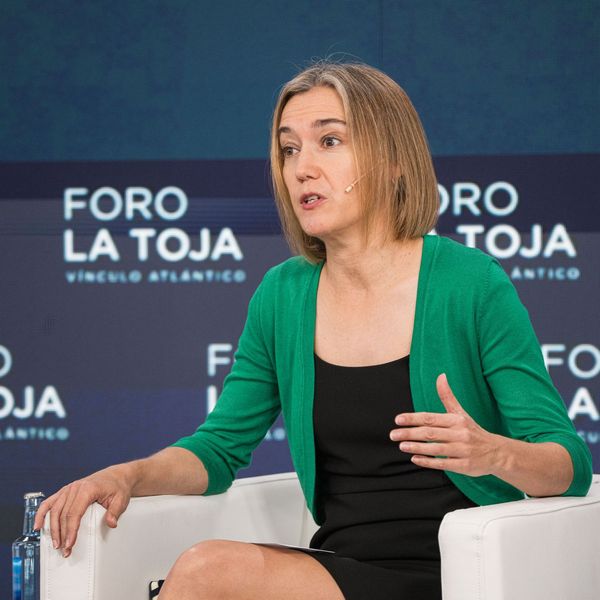In a challenge to post-Cold War de-escalation agreements, the new secretary-general of NATO declared on Sunday that the alliance can deploy its troops "wherever we want to" in Eastern Europe. The statement came just a month after the alliance pledged to develop "rapid response" military forces aimed at countering Moscow.
Jens Stoltenberg, the former Prime Minister of Norway, took the helm of NATO last week as secretary-general, replacing outgoing Anders Fogh Rasmussen.
During his ongoing visit to Poland, Stoltenberg told Polish state broadcaster TVP, "Next year, at the ministerial meeting, we will take decisions regarding the so-called spearhead but, even before it is established, NATO has a strong army after all. We can deploy it wherever we want to." He continued, "These capabilities already exist. We have them, and we can deploy them in individual regions. And this is only an add-on to what the alliance already has."
He made these comments despite the 1997 NATO-Russia Founding Act, in which the alliance agreed to avoid "permanent stationing of substantial combat forces" to Eastern and Central Europe. But critics charge that NATO has been flouting the spirit of this and other post-Cold War agreements for years, through its expansion to include Baltic states and potentially Georgia and Ukraine, and more recently, its recent military expansion towards Russia.
NATO, which is led and majority funded by the United States, is itself a creation of the Cold War. More than two decades after the fall of the Soviet Union, the alliance is engaged in numerous military conflicts, including the ongoing occupation of Afghanistan, as well as the expanding U.S.-led war in Iraq and Syria.
At NATO's summit last month, the alliance approved the rapid response force but rejected a request from Poland for the permanent stationing of thousands of troops in the country, citing pacts with Russia.
John Feffer, author and co-director of Foreign Policy In Focus at the Institute for Policy Studies, told Common Dreams that Stoltenberg's statements on Sunday do not necessarily mark an immediate shift in policy, but rather, send a message to Russia: "This is a signal to Russia that 'even though we didn't accept Poland's proposal, we still might go ahead and do that if Russia does something we don't like.'"


